From time to time (sometimes more often than others) I receive comments or remarks along the lines of, “how dare you to criticize person-x for abusing their horse, if you're so great then post a video showing you can do x,y,z like they do.”
There are a couple of problems with these kinds of statements. The first is that points out, what I feel is, a rampant weakness in the horse community; that you can only criticize someone at the “top” if you're identical to them in every facet.
Why is this a problem? Because a) nobody is identical; b) if they were identical they wouldn't criticize the other person who is doing the same things they are in every way; c) being at the “top” doesn't automatically mean you're doing what's best for the horse.
The second problem is that it allows a space for horse abuse to not only be excused but openly accepted .. to be treated as a sort of necessary evil in order to get to the “top”.
The truth is that so what if I can make my horse do x,y,z like someone at the “top”? So what if I can't .. or from another perspective, if I choose not to.
How does my being able to ride a high-score Grand Prix ride guarantee I don't abuse my horses? Or my decision not to compete equal an inability to compete?
They don't.
And being at the top doesn't automatically excuse a rider from abusing their horse. It doesn't automatically mean it's okay to abuse your horse to get there, “because they're the best! omg!” Those are fairy tales, like the fairytale of believing that being a professional baseball player automatically means you don't use steroids .. and we can see how well that's played out.
I hope many young riders come to realize this early. I hope that many new riders regardless of age come to realize this early. You don't need a Ph.D. in child psychology to know a child is being abused when someone punches them. You don't need to be an Olympic-level equestrian to realize a horse is being abused when ridden in forced hyper-flexion until their mouth is bleeding or tongue turned blue. You don't need to be an internationally-recognized clinician to know hitting a blind horse in the face is abuse.
All you need to be is human and concerned with the welfare of the horse who is often in a no-win situation and cannot speak for themselves.
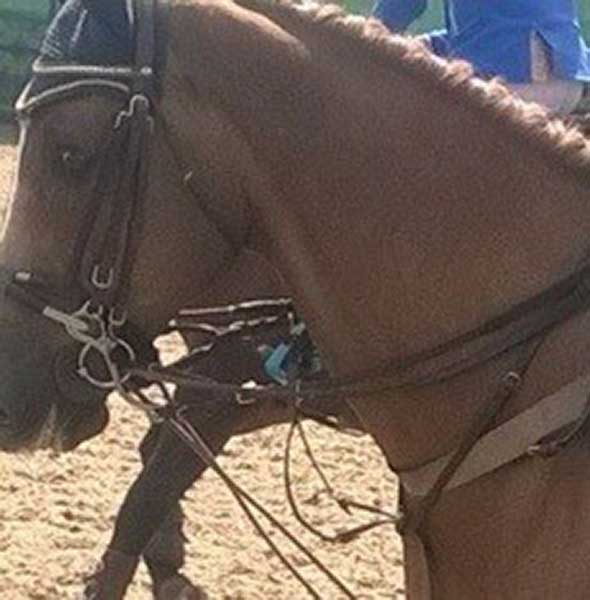
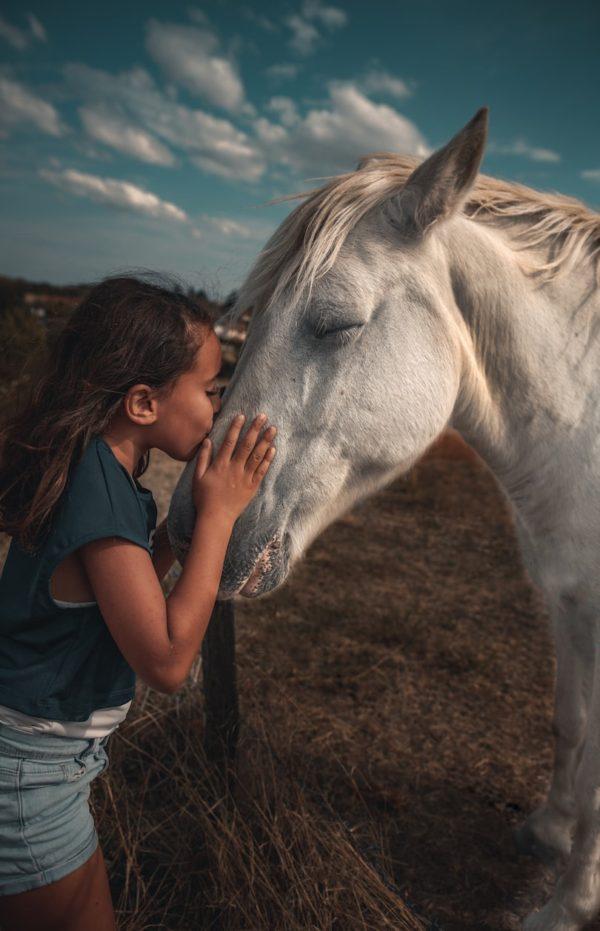

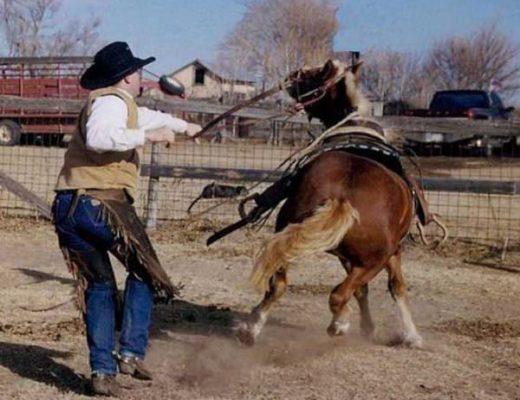
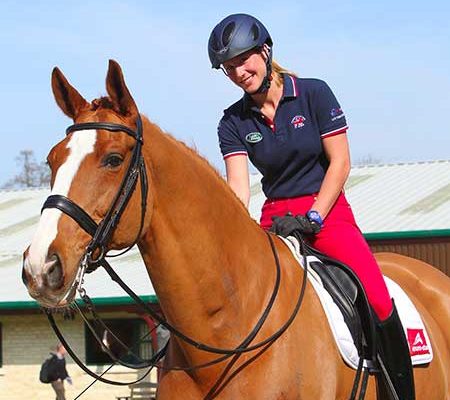
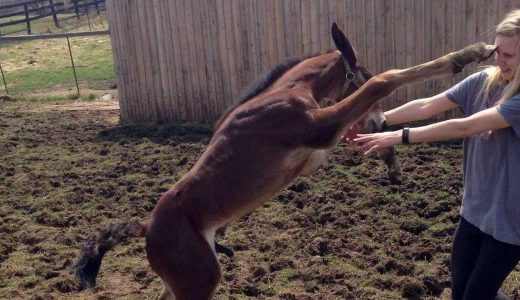
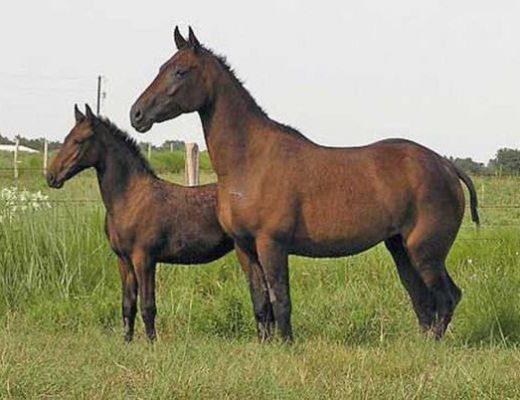
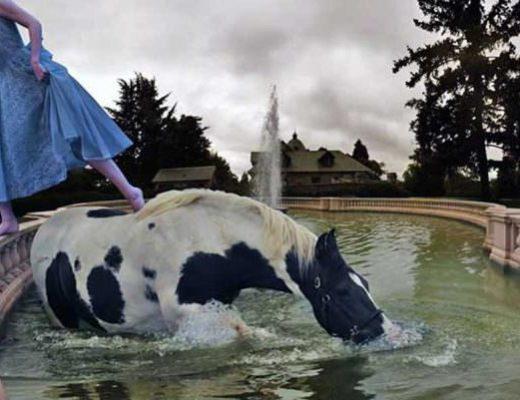
Love this… So very true….
I like how you think…I doubt if many people will change their thinking…but i appreciate that there are others out there willing to change…you give me hope.
I agree that it seems dismal at times re changing people’s thinking .. but then again I know I’ve subscribed to many ideas that weren’t in the best interest of the horse simply because I didn’t know any better and hadn’t been exposed to people who thought differently. 🙂
The difference I see is not the what but the how. Someone who does not know better, who does not want new information , or to think critically,often can not be really changed internally by the external. We don’t always do things best, but are we in a perpetual state of wanting to do right until we can/know to do better?
True, but I wouldn’t say that everyone who isn’t working towards being better for their horse is immediately in the camp of not wanting to. Education plays a huge role, and I don’t necessarily mean just horse-related education, but education in general. The basic education given to students in the US is generally very lacking and doesn’t give students the skills needed to think critically – instead emphasizes students take orders and shut up.
I think if more students were educated in even the basics of critical thinking they’d be more prepared for life, and more prepared to pursue self-improvement as equestrians for themselves and the horse. 🙂
I like how you think…I doubt if many people will change their thinking…but i appreciate that there are others out there willing to change…you give me hope.